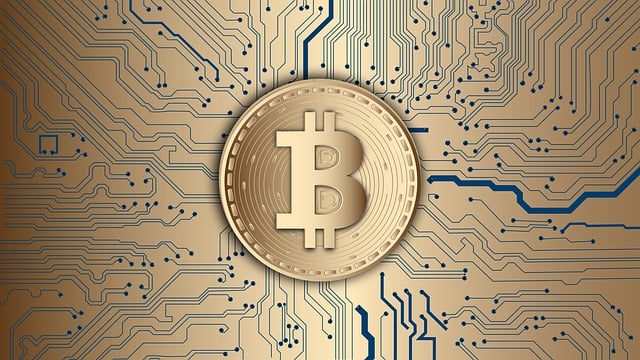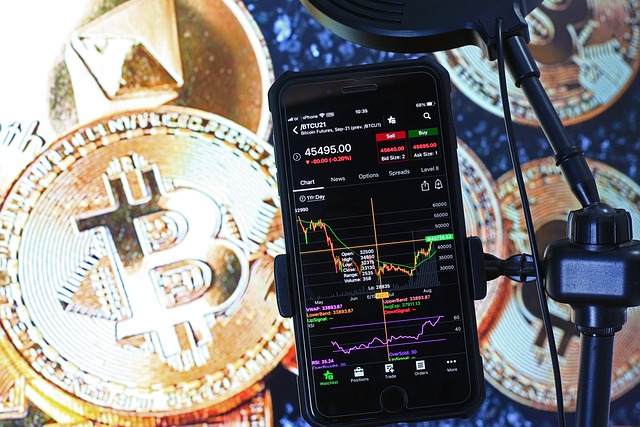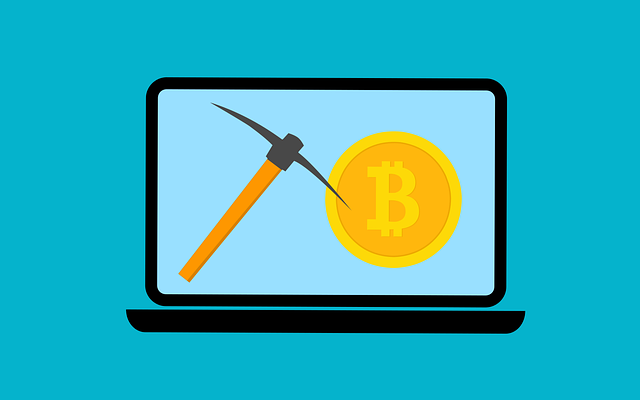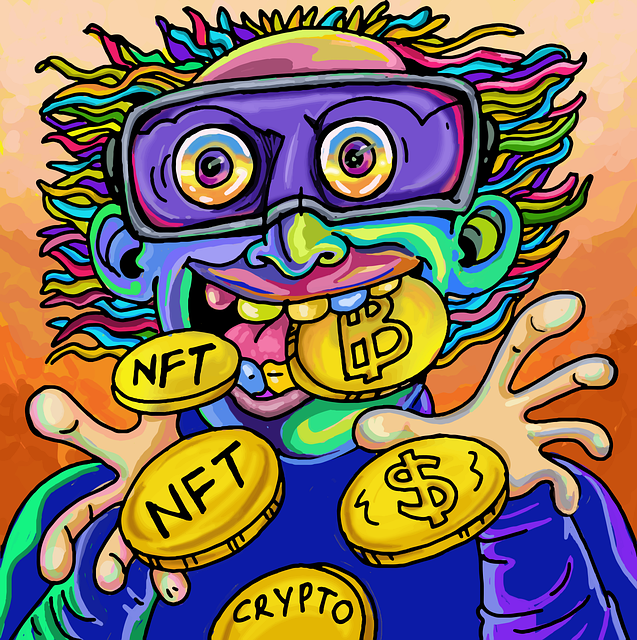Trader AI, an AI-driven trading platform promising high returns with minimal effort, has attracted attention but raised concerns about its legitimacy. Claims of impressive results through advanced algorithms and machine learning models trained on historical data are met with skepticism due to a lack of transparency and independent audits. User experiences reveal suspicious trading practices and hidden fees, suggesting the possibility of a Trader AI scam. Investors should exercise caution, conduct thorough research, and understand associated risks before committing funds to such platforms.
“Unveiling the Mystery: Exploring Trader AI’s Legitimacy
In today’s digital landscape, Trader AI has emerged as a promising yet controversial platform for trading. This article aims to dissect its legitimacy claims and provide insights into potential red flags. We’ll explore ‘Unveiling Trader AI’ to understand its functionality and how it differs from other platforms. Subsequently, we’ll present ‘Legitimacy Concerns’ and examine signs suggesting a possible ‘Trader AI Scam’. By analyzing user experiences and testimonials, we’ll uncover the platform’s true colors before concluding whether it’s worth your time and investment.”
- Unveiling Trader AI: What Is It and How Does It Work?
- Legitimacy Concerns: Signs of a Potential Scam
- User Experiences and Testimonials: The Truth Revealed
- Final Analysis: Is Trader AI Worth Your Time and Money?
Unveiling Trader AI: What Is It and How Does It Work?

Trader AI is an artificial intelligence-driven trading platform that has gained significant attention in recent years, promising investors unprecedented returns with minimal effort. However, as with any investment opportunity that seems too good to be true, it’s essential to uncover the intricacies of this system and determine its legitimacy. This platform utilizes advanced algorithms and machine learning techniques to analyze market trends and execute trades on behalf of users, claiming to offer a seamless and lucrative trading experience.
But what sets Trader AI apart, and how does it manage to generate such impressive results? The platform’s developers assert that their AI models are trained on vast historical data, enabling them to predict market movements with remarkable accuracy. By learning from past patterns, the AI adapts and evolves, making informed decisions at lightning speed. This technology is supposed to provide users with an edge in the fast-paced world of trading, where milliseconds can make a significant difference. However, despite these claims, there are concerns regarding Trader AI’s transparency and potential as a scam, requiring thorough investigation before investors commit their funds.
Legitimacy Concerns: Signs of a Potential Scam

When it comes to platforms like Trader AI, legitimacy is paramount for investors and traders alike. While artificial intelligence in trading sounds promising, signs of a potential scam can be easily overlooked. One red flag to watch out for is exaggerated or unrealistic claims about profitability; if a platform guarantees high returns with minimal risk, it’s a good indicator that something may not be as it seems.
Another common scam tactic involves pressure sales and manipulative marketing strategies. If you find yourself being rushed into making decisions or feeling pressured to invest, it could be a sign of a fraudulent scheme. Reputable platforms prioritize transparent communication and offer ample time for users to consider their options. Remember, legitimate AI trading tools focus on educating users and providing them with the tools to make informed decisions, not on deceiving them.
User Experiences and Testimonials: The Truth Revealed

Many online platforms boasting revolutionary trading algorithms and artificial intelligence have gained traction, enticing users with promises of quick profits. However, when it comes to Trader AI, the reality is far from a seamless experience. User experiences and testimonials paint a very different picture, revealing a platform shrouded in controversy. Far from being a legitimate tool for traders, numerous accounts report red flags, including suspicious trading practices, hidden fees, and even accusations of a Trader AI scam.
These individual stories serve as a warning sign to prospective users, indicating potential manipulation and misleading marketing tactics. With the abundance of positive reviews easily found online, it’s crucial to dig deeper and uncover the genuine experiences of those who have actually utilized the platform. The truth revealed often falls short of the glamorous depictions, exposing a complex web of challenges and unmet expectations.
Final Analysis: Is Trader AI Worth Your Time and Money?

After an in-depth exploration of Trader AI, it’s evident that while the platform promises immense potential for traders, it also raises significant flags. The allure of high-return investments coupled with the use of artificial intelligence is undeniable, but the reality on the ground paints a different picture. Under the surface, there are concerns about transparency, regulatory compliance, and the true capabilities of their AI algorithms.
The absence of clear information regarding funding usage, lack of independent audits, and limited success stories among users suggest a potential Trader AI scam. While AI-driven trading may hold promise, it’s crucial for prospective investors to approach platforms like this with caution. Thorough research, seeking external reviews, and understanding the risks involved are essential before committing time and money to such ventures.
After an in-depth analysis, it’s evident that while Trader AI presents itself as a groundbreaking trading tool, there are significant legitimacy concerns. The platform’s vague ownership details and lack of transparency raise red flags, mirroring many characteristics of past scams. User experiences, though varied, indicate high failure rates and financial losses, suggesting Trader AI might not be a reliable choice. Therefore, in light of these findings, it’s crucial to remember that “Trader AI scam” is not an unfounded claim—it deserves skepticism until concrete evidence of its efficacy and legitimacy emerges.
